On the day of the 20th anniversary of the assassination of Yitzhak Rabin, The Other Israel Film Festival at JCC Manhattan presents a special NY premiere preview screening honoring his memory. Winner, “Best Documentary” – Haifa International Film Festival 2015 20 years after his assassination, Yitzhak Rabin, one of Israel’s most legendary leaders, tells his dramatic life story. Through a combination of rare archival footage, home movies and private letters, Rabin’s personal and professional dramas and life story unfold entirely in his own voice. From his childhood as the son of a labor leader before the founding of the State of Israel, to the horrific moment when his political career and life were suddenly brought to an end. There is no better way to present the story of this legend than in his own words.














